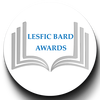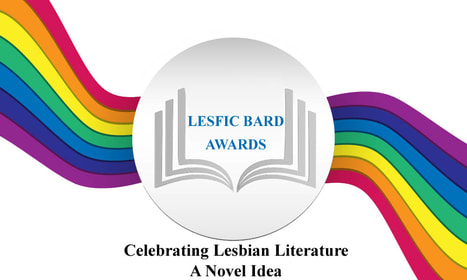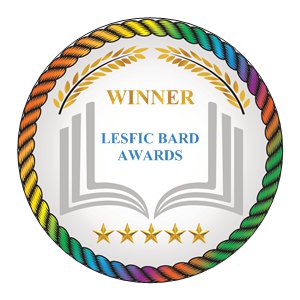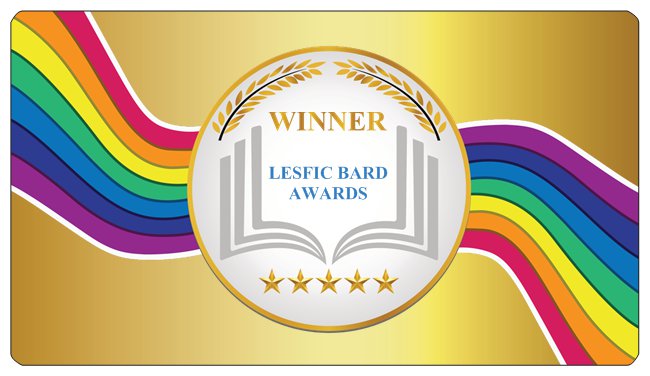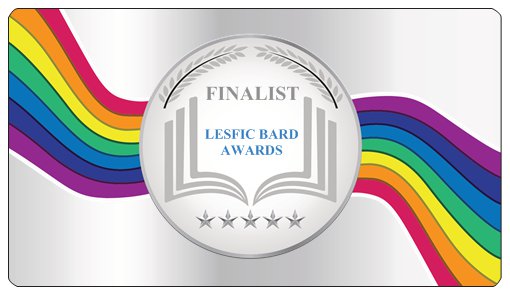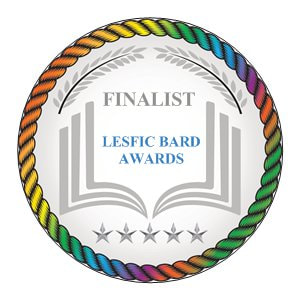How the LESFIC BARD AWARDS© work

What are the Lesfic Bard Awards?
The Lesfic Bard Awards are international literary prizes administered by the Lesfic Bard Awards committee.
WHO ARE THE JUDGES?
Each year, the committee selects judges from all over the world to judge in the various award categories. Judges must complete an application EACH year, and based on their credentials, judges will be chosen by the committee to read the various works submitted. Judges might be published writers (not entered in the current year’s judging), independent editors (not connected to Lesfic publishing groups), proofreaders, beta readers, past finalists or winners, or anyone with knowledge of literary works. Judges may also be experts in their field: literary critics, librarians, or booksellers.
The Lesfic Bard Awards are international literary prizes administered by the Lesfic Bard Awards committee.
WHO ARE THE JUDGES?
Each year, the committee selects judges from all over the world to judge in the various award categories. Judges must complete an application EACH year, and based on their credentials, judges will be chosen by the committee to read the various works submitted. Judges might be published writers (not entered in the current year’s judging), independent editors (not connected to Lesfic publishing groups), proofreaders, beta readers, past finalists or winners, or anyone with knowledge of literary works. Judges may also be experts in their field: literary critics, librarians, or booksellers.
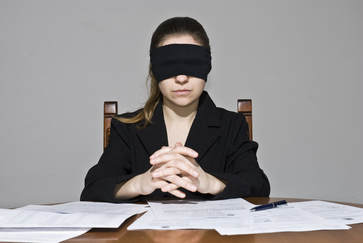
HOW IS OUR JUDGING DIFFERENT?
WE HAVE CHOSEN TRIPLE-BLIND JUDGING:
What is the difference between open judging, single-blind judging, double-blind judging, and triple-blind judging?
The argument boils down to bias.
Open judging is when you know the author, the book title, and the book’s subject matter. We do not believe any human being is able to be really (or truly) objective in that situation.
Single-blind judging is when you know the author and the book title but not necessarily the subject matter.
Double-blind judging is when you don’t know the author, the book title, or the subject matter. In this situation you don’t have any expectations.
Triple-blind judging is when you don’t know the author, the book title, the subject matter, and no one knows who the judges are.
WE HAVE CHOSEN TRIPLE-BLIND JUDGING:
What is the difference between open judging, single-blind judging, double-blind judging, and triple-blind judging?
The argument boils down to bias.
Open judging is when you know the author, the book title, and the book’s subject matter. We do not believe any human being is able to be really (or truly) objective in that situation.
Single-blind judging is when you know the author and the book title but not necessarily the subject matter.
Double-blind judging is when you don’t know the author, the book title, or the subject matter. In this situation you don’t have any expectations.
Triple-blind judging is when you don’t know the author, the book title, the subject matter, and no one knows who the judges are.

Why we chose triple-blind judging:
If you do not know whose book you are reading or what to expect you won’t be biased or have preconceived notions regarding the author; you can’t prejudge. The work presented to the judges may give a synopsis, which provides a general outline of the book, but the judges will not know who wrote it. This way, the judges are not influenced by a big-name author or publisher. You, as the judge, are simply reading a story.
Another plus of triple-blind judging is that judges are reading a variety of authors’ works. If one stands out it’s because of the author’s story.
This is how books should be judged—on their own merit—it’s the most honest form of reading. Why did the story stick with the judge? Did the story meet all the judging criteria? Did the work tell the story it was intended to tell?
Triple-blind judging rarely results in extreme opinions (positive or negative). Judges will rarely go out on a limb for books they know nothing about. And since the judges are anonymous … their scores reflect true and honest opinions of what they have read.
Judging of covers will be done once all other judging is completed.
If you do not know whose book you are reading or what to expect you won’t be biased or have preconceived notions regarding the author; you can’t prejudge. The work presented to the judges may give a synopsis, which provides a general outline of the book, but the judges will not know who wrote it. This way, the judges are not influenced by a big-name author or publisher. You, as the judge, are simply reading a story.
Another plus of triple-blind judging is that judges are reading a variety of authors’ works. If one stands out it’s because of the author’s story.
This is how books should be judged—on their own merit—it’s the most honest form of reading. Why did the story stick with the judge? Did the story meet all the judging criteria? Did the work tell the story it was intended to tell?
Triple-blind judging rarely results in extreme opinions (positive or negative). Judges will rarely go out on a limb for books they know nothing about. And since the judges are anonymous … their scores reflect true and honest opinions of what they have read.
Judging of covers will be done once all other judging is completed.
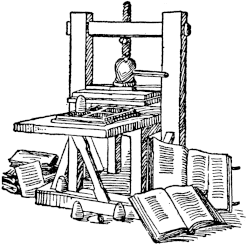
HOW DO WE DO THIS?
All authors entering the contest are assigned a number. This number is used on all correspondence regarding their entries.
All books entering the contest are assigned a number. As a result, no one knows the titles or the authors of the books.
All judges are assigned a number. No one will know who the judges are.
Example:
You might be assigned author #25 (a different number is assigned for each entry). Your book will also be assigned a random number, say #84. Book numbers are not assigned in sequential order (eg:, -1, -2, -3), so judges cannot ascertain if an author has other books entered in the contest.
The judge is also assigned a random number.
So, your entry may look something like this: #25-84-17. The first number (25) is the author’s randomly-assigned number, the second number (84) is the book’s randomly-assigned number, and the third number (17) is the judge’s assigned number. Only the judge’s number will change since several judges will be assessing your book.
All authors entering the contest are assigned a number. This number is used on all correspondence regarding their entries.
All books entering the contest are assigned a number. As a result, no one knows the titles or the authors of the books.
All judges are assigned a number. No one will know who the judges are.
Example:
You might be assigned author #25 (a different number is assigned for each entry). Your book will also be assigned a random number, say #84. Book numbers are not assigned in sequential order (eg:, -1, -2, -3), so judges cannot ascertain if an author has other books entered in the contest.
The judge is also assigned a random number.
So, your entry may look something like this: #25-84-17. The first number (25) is the author’s randomly-assigned number, the second number (84) is the book’s randomly-assigned number, and the third number (17) is the judge’s assigned number. Only the judge’s number will change since several judges will be assessing your book.
WHO CAN SUBMIT BOOKS?
Twice a year, a ‘reminder’ will be issued to lesbian publishing houses (those who have previously submitted to us or signed up on our database) and to authors (those who have previously submitted to us or signed up on our database).
Self-published books are welcome (encouraged!) in our contest. All entries will be treated equally. This reminder will serve as notice that the previous year’s published books are eligible for submission to our award(s). The guidelines are always available for viewing at: Rules for Authors
There will be two cut-off dates for awards submissions. The first cut-off date is June 30. To be eligible for the first cut-off a book must be written and published between January 1 and June 30 of the previous year, and it must be submitted by midnight on June 30 CST. The second cut-off date is December 31. To be eligible for the second cut-off a book must be published between July 1 and December 31, and it must be submitted by midnight on December 31 CST. These are international awards with varying time zones involved. The time zone used for ALL submissions is CST (Central Standard Time) in the United States. There are no exceptions!
Each publisher or author must submit a completed entry form to our organization by June 30 for the first cut-off and by December 31 for the second cut-off. Again, the deadline is midnight CST in the United States.
Once their entry is accepted, each applicant must email a PDF of the book in the specified format below. No exceptions!
Twice a year, a ‘reminder’ will be issued to lesbian publishing houses (those who have previously submitted to us or signed up on our database) and to authors (those who have previously submitted to us or signed up on our database).
Self-published books are welcome (encouraged!) in our contest. All entries will be treated equally. This reminder will serve as notice that the previous year’s published books are eligible for submission to our award(s). The guidelines are always available for viewing at: Rules for Authors
There will be two cut-off dates for awards submissions. The first cut-off date is June 30. To be eligible for the first cut-off a book must be written and published between January 1 and June 30 of the previous year, and it must be submitted by midnight on June 30 CST. The second cut-off date is December 31. To be eligible for the second cut-off a book must be published between July 1 and December 31, and it must be submitted by midnight on December 31 CST. These are international awards with varying time zones involved. The time zone used for ALL submissions is CST (Central Standard Time) in the United States. There are no exceptions!
Each publisher or author must submit a completed entry form to our organization by June 30 for the first cut-off and by December 31 for the second cut-off. Again, the deadline is midnight CST in the United States.
Once their entry is accepted, each applicant must email a PDF of the book in the specified format below. No exceptions!
WHAT FORMAT IS REQUIRED?
Books are to be submitted in PDF format in the following manner:
Set up your submission as though you were submitting an e-book to one of your distributors. Remove ALL references to the AUTHOR’S NAME, the BOOK’S TITLE, and the PUBLISHER. Remove the ISBN #, any acknowledgements, biographies, dedications, or references to past or future book titles or series. Nothing should remain that could identify the author. Entries which violate this requirement will be rejected, and there will be no refund of the entry fees paid. Your only identifying markings will be: your assigned author number, a dash, and your assigned book number. As previously mentioned, you will be randomly assigned an author number for EACH entry. For example: If your assigned author number is 25 and your assigned book number is 84, then your PDF submission should be identified as Submission #25-84. NO OTHER identifying markings are allowed within your submission. Inquiries regarding your submission should reference this unique submission number to assist us to identify you.
EXAMPLE:
Books are to be submitted in PDF format in the following manner:
Set up your submission as though you were submitting an e-book to one of your distributors. Remove ALL references to the AUTHOR’S NAME, the BOOK’S TITLE, and the PUBLISHER. Remove the ISBN #, any acknowledgements, biographies, dedications, or references to past or future book titles or series. Nothing should remain that could identify the author. Entries which violate this requirement will be rejected, and there will be no refund of the entry fees paid. Your only identifying markings will be: your assigned author number, a dash, and your assigned book number. As previously mentioned, you will be randomly assigned an author number for EACH entry. For example: If your assigned author number is 25 and your assigned book number is 84, then your PDF submission should be identified as Submission #25-84. NO OTHER identifying markings are allowed within your submission. Inquiries regarding your submission should reference this unique submission number to assist us to identify you.
EXAMPLE:
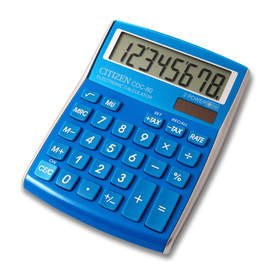
HOW ARE THE FINALISTS CHOSEN?
Each judge reads all books submitted in their category over the course of the year. The number of judges will vary with the number of titles submitted in any given year. Each judge will score the book on a variety of key points vital to lesbian literature (as identified by our committee). One example might be: What percentage of the book is lesbian-centric? The judge will score each book on all the key points identified. The total score will then be tabulated for each book.
Each judge reads all books submitted in their category over the course of the year. The number of judges will vary with the number of titles submitted in any given year. Each judge will score the book on a variety of key points vital to lesbian literature (as identified by our committee). One example might be: What percentage of the book is lesbian-centric? The judge will score each book on all the key points identified. The total score will then be tabulated for each book.
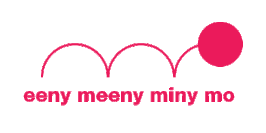
HOW ARE THE WINNERS CHOSEN?
No one, not even the organization’s staff, learns who the winners are until the week of the announcement, which will take place in mid-May. The day the results are to be announced, the scores for each anonymous finalist’s book are tabulated a second time, and the highest score in each category is deemed the winner.
No one, not even the organization’s staff, learns who the winners are until the week of the announcement, which will take place in mid-May. The day the results are to be announced, the scores for each anonymous finalist’s book are tabulated a second time, and the highest score in each category is deemed the winner.
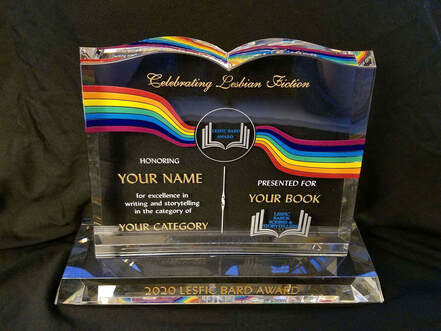
WHAT’S IN IT FOR ME?
Recipients of the Lesfic Bard Awards will receive a beautiful crystal trophy with their name, their work’s title, and the date of the win etched on it.
Each winner will receive free advertising, marketing, and announcements of their award(s) in media and social media. They will also receive copies of announcements to be used in their personal advertising and marketing campaigns for their now award-winning book.
Recipients of the Lesfic Bard Awards will receive a beautiful crystal trophy with their name, their work’s title, and the date of the win etched on it.
Each winner will receive free advertising, marketing, and announcements of their award(s) in media and social media. They will also receive copies of announcements to be used in their personal advertising and marketing campaigns for their now award-winning book.

ANYTHING ELSE?
Once an author/writer is a Lesfic Bard Awards finalist or winner, they become a permanent member of the Lesfic Bard Awards family. We will do our best to keep in touch with authors, writers, and publishers in order to promote their new books and upcoming readings or events. They will also be invited to future Lesfic Bard Awards-related events. Check us out on Facebook, Twitter, and our blog to see how we will continue to support past winners and finalists all year round.
Once an author/writer is a Lesfic Bard Awards finalist or winner, they become a permanent member of the Lesfic Bard Awards family. We will do our best to keep in touch with authors, writers, and publishers in order to promote their new books and upcoming readings or events. They will also be invited to future Lesfic Bard Awards-related events. Check us out on Facebook, Twitter, and our blog to see how we will continue to support past winners and finalists all year round.
|
Winners are given twenty-five (25) of these colorful stickers (their choice) for their books. This is an excellent marketing tool, which you can use to show that your book is a WINNER of the Lesfic Bard Awards! You can purchase additional stickers here.
|
|
Finalists are given twenty-five (25) of these colorful stickers (their choice) for their books. This is an excellent marketing tool, which you can use to show that your book was a FINALIST of the Lesfic Bard Awards! You can purchase additional stickers here.
|
